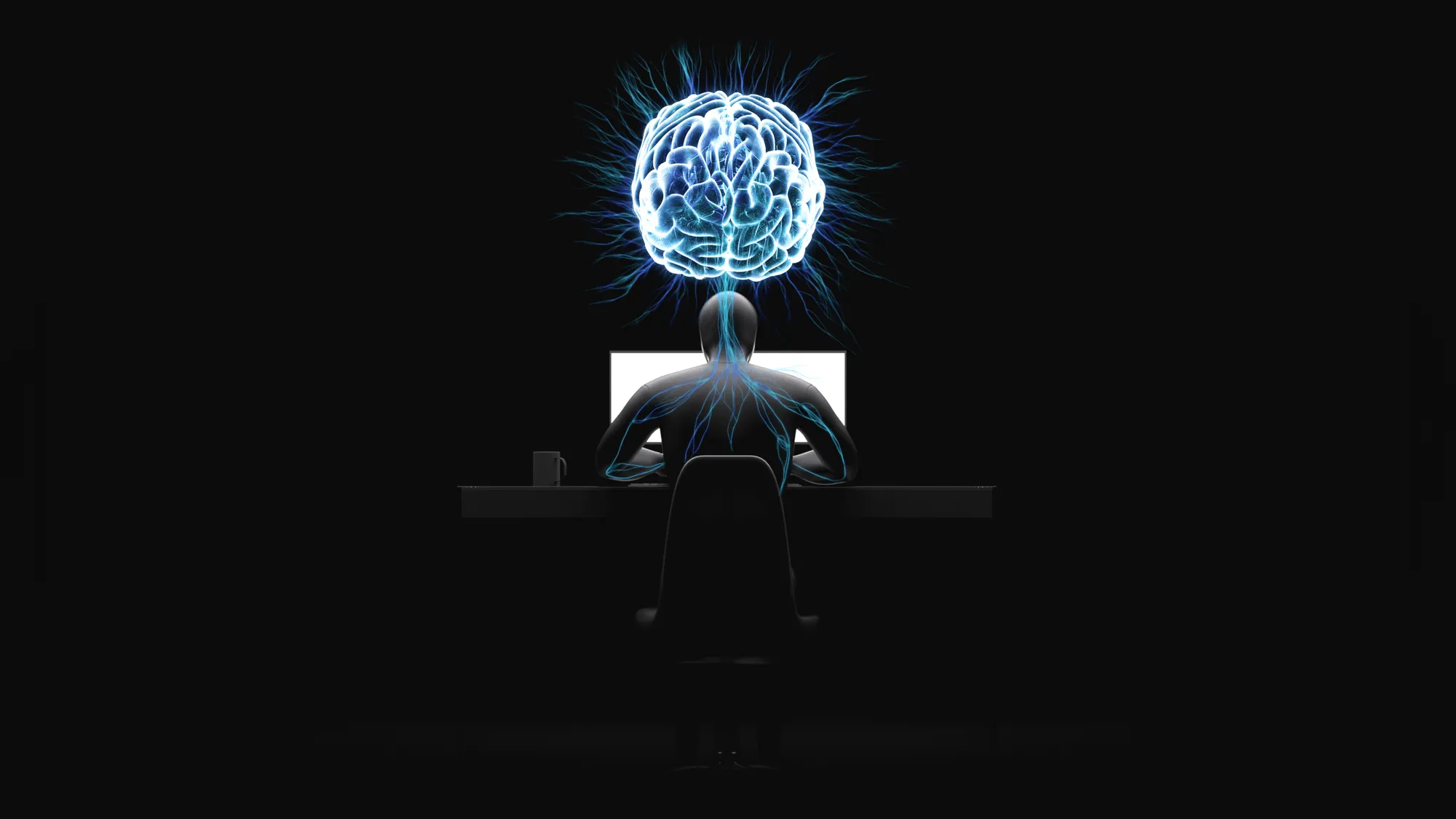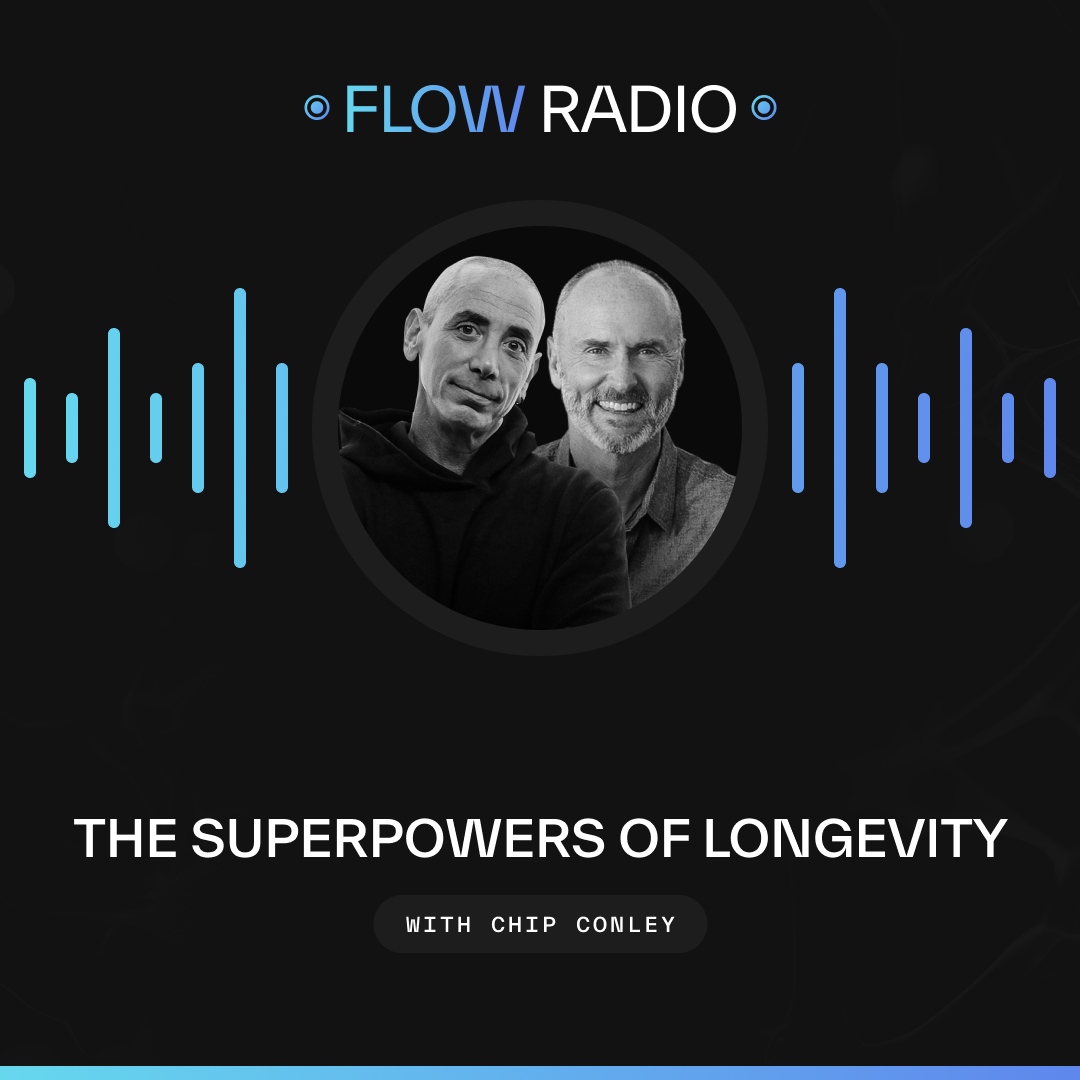Remembering Csikszentmihalyi 2: Mark Csikszentmihalyi Remembering His Father, The Influence He Had & How Csikszentmihalyi Practiced What He Preached
.png)
TODAY´S EPISODE IS BROUGHT TO YOU BY THE FLOW RESEARCH COLLECTIVE
Are you an entrepreneur, a leader, or a knowledge worker, who wants to harness the power of flow so you can get more done in less time with greater ease and accomplish your boldest professional goals faster? If you've answered this question with “hell yes” then our peak-performance training Zero to Dangerous may be a good fit for you. If this sounds of interest to you all you need to do is go to getmoreflow.com right now, pop in your application and one of our team members will be in touch with you very soon.
ABOUT THE GUEST:
Mark Csikszentmihalyi, Professor and Eliaser Chair of International Studies, has an AB in East Asian Languages and Civilizations (Harvard) and a Ph.D in Asian Languages (Stanford). He uses both excavated and transmitted texts to reconstruct the religions, philosophies, and cultures of early China. Recent books include Material Virtue: Ethics and the Body in Early China (2004) and Readings in Han Chinese Thought (2006). He is Editor of the Journal of Chinese Religions.
ABOUT THE EPISODE:
Today we continue our series dedicated to remembering The Godfather of Flow, Mihaly Csikszentmihalyi through the memories of his son, Mark Csikszentmihalyi.
Mihaly Csikszentmihalyi was born in Fiume, Italy on September 29, 1934, the son of Hungarian diplomat Alfred Csikszentmihalyi (né Hausenblasz) and Edith Jankovich de Jeszenicze. As a refugee in postwar Rome, he attended the Classical Gymnasium “Torquato Tasso,” and later developed an interest in psychology. He moved to the United States in 1956 to pursue that interest, attending the University of Chicago where he wrote a Ph.D on artistic creativity with Jacob W. Getzels. After spending six years teaching at Lake Forest College, he returned to Chicago to join the faculty in 1971. He remained there for three decades before moving to Claremont Graduate University where founded the Quality of Life Research Center in 2000 and taught until his retirement.
Csikszentmihalyi is best known for his work on the concept of “Flow,” used to describe a state of optimal experience where one’s skills match the challenges of a situation, and also for his role as a founder of the subfield of positive psychology. Underlying this work was his groundbreaking use of pagers and questionnaires to produce a database based on people’s self-reports of their ordinary experience. Flow: The Psychology of Optimal Experience became a bestseller in 1990, introducing conclusions based on his experiential database using warm, humanistic prose. The Evolving Self (1993), Creativity (1996), and Good Business (2003) expanded his theories in a variety of directions. Because his method generated a cross-section of daily experience, his psychology paid more attention to positive states like enjoyment and creativity than many of his predecessors, and formed the theoretical background of his collaboration with Martin Seligman on their influential 2000 article in American Psychologist that introduced positive psychology. This work was recognized by appointment as a Fellow of the American Academy of Arts and Sciences, and his receipt of the 2009 Clifton Strengths Prize and the 2011 Széchenyi Prize.
In Chicago, Mihaly met Isabella Selega, a graduate student in Russian history, and they were married in 1961 at Saint Hyacinth’s. She was at her husband’s side when he passed away sixty years later. Their two children, Mark and Christopher, followed him into academics, and currently teach at UC-Berkeley and Cornell University. Mihaly was a loving father-in-law to their respective partners Annie Hope and Gemma Rodrigues, and a caring grandfather to Emily Isabella, Henry Stephen, Kinga Jane, Aschalew, Zofia Rose, and Iris Althea Diana Isabella.
Mihaly had a sharp sense of humor, especially his penchant for making absurd or ironic comments in a deliberately impassive manner. His empathetic nature and low-key style of presentation could also take people by surprise, and were one reason for his popularity and long-lasting friendships with students, colleagues and readers.
RESOURCES:
Readings in Han Chinese Thought
Material Virtue: Ethics And The Body In Early China
Religious and Philosohical Aspects of the Laozi (S U N Y Series in Chinese Philosophy and Culture)
Daoism Handbook (Handbook of Oriental Studies / Handbuch der Orientalisk - Part 4: China, 14)
STEVEN KOTLER is a New York Times bestselling author, award-winning journalist, and Founder and Executive Director of the Flow Research Collective. He is one of the world’s leading experts on human performance.
His books include The Art of Impossible, Stealing Fire, and The Rise of Superman. His work has been translated into over 40 languages and appeared in over 100 publications, including the New York Times Magazine, Wall Street Journal, TIME, Wired, Atlantic Monthly, The Harvard Business Review and Forbes.
recent episodes










